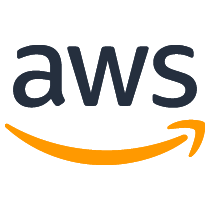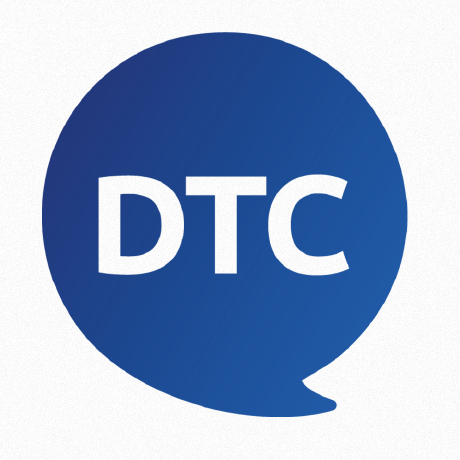Discover and explore top open-source AI tools and projects—updated daily.
Claude-Code-Workflow by  catlog22
catlog22
Automated multi-agent development framework orchestrating complex AI workflows
Top 29.9% on SourcePulse
Summary
Claude Code Workflow (CCW) is a JSON-driven framework designed to elevate AI development beyond simple prompt chaining into a robust, context-first orchestration system. It tackles the challenges of execution uncertainty and accumulated errors in AI-driven code development through structured planning, deterministic execution, and intelligent multi-model orchestration. This system benefits technically savvy users by providing a reliable and automated approach to complex development workflows.
How It Works
CCW employs a context-first architecture, ensuring agents have complete and correct information before initiating tasks, coupled with JSON-first state management where .task/IMPL-*.json files serve as the definitive source of truth, preventing state drift. It enables autonomous multi-phase orchestration by chaining specialized sub-commands and agents for fully automated, zero-user-intervention workflows. The framework adopts a multi-model strategy, leveraging the distinct strengths of various AI models (e.g., Gemini for analysis, Codex for implementation), supported by a hierarchical memory system and specialized role-based agents that mimic a human software development team.
Quick Start & Requirements
Installation is simplified via one-line commands available for Windows (PowerShell) and Linux/macOS (Bash/Zsh) using curl or Invoke-WebRequest. After installation, verify success by running /workflow:session:list to ensure workflow commands are recognized. Detailed installation instructions, command references, and a beginner-friendly 5-minute Getting Started Guide are accessible via linked documentation (INSTALL.md, COMMAND_REFERENCE.md, COMMAND_SPEC.md). The README snippet does not specify non-default prerequisites like GPUs, CUDA versions, or particular Python versions.
Highlighted Details
- Version 5.0 introduces significant improvements, including the removal of external dependencies by utilizing standard
ripgrep/findutilities, a streamlined TDD workflow with a conflict resolution mechanism, and a simplified planning architecture focused on role analysis. - The context-first architecture and JSON-first state management are key differentiators for stability and deterministic execution.
- A multi-model strategy allows for optimized task execution by selecting the most suitable AI model for specific sub-tasks.
- Specialized role-based agents are designed to handle diverse development tasks, simulating a collaborative team environment.
Maintenance & Community
Bug reporting and feature requests are managed through GitHub Issues. Community discussions and support are available via a dedicated Community Forum.
Licensing & Compatibility
The project is distributed under the MIT License, which is permissive and generally compatible with commercial use and linking within closed-source projects.
Limitations & Caveats
The provided README does not explicitly mention any limitations, alpha status, known bugs, or unsupported platforms.
1 day ago
Inactive

 compozy
compozy rahulvrane
rahulvrane opencmit
opencmit bigguy345
bigguy345 win4r
win4r vinilana
vinilana awslabs
awslabs PrefectHQ
PrefectHQ DataTalksClub
DataTalksClub crshdn
crshdn moazbuilds
moazbuilds lst97
lst97